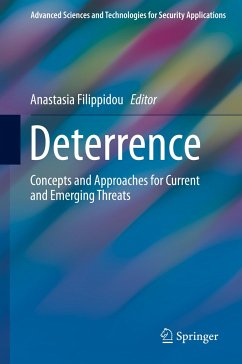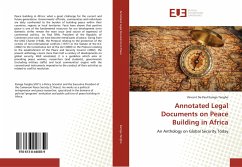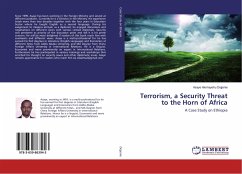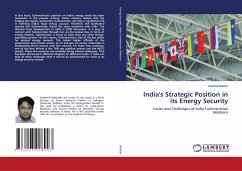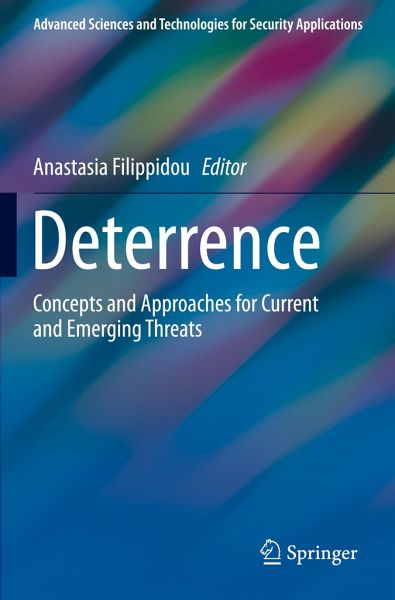
Deterrence
Concepts and Approaches for Current and Emerging Threats
Herausgegeben: Filippidou, Anastasia
Versandkostenfrei!
Versandfertig in 6-10 Tagen
98,99 €
inkl. MwSt.

PAYBACK Punkte
49 °P sammeln!
Through the examination of different themes and subjects the book provides an in depth analysis of the concept of deterrence and its utility in dealing effectively with current threats. Although the concept of deterrence precedes the Cold War, in modern times and in its traditional form deterrence is seen as the product of the Cold War, which transformed 'narrow' deterrence approaches into widespread orthodoxy. Increasingly however emerging threats and challenges call into question the traditional concept of deterrence. There are many elements that challenge the concept of deterrence and its e...
Through the examination of different themes and subjects the book provides an in depth analysis of the concept of deterrence and its utility in dealing effectively with current threats. Although the concept of deterrence precedes the Cold War, in modern times and in its traditional form deterrence is seen as the product of the Cold War, which transformed 'narrow' deterrence approaches into widespread orthodoxy. Increasingly however emerging threats and challenges call into question the traditional concept of deterrence. There are many elements that challenge the concept of deterrence and its effectiveness. For instance it is not just that the concept can be ambiguous and broad, but also there have to be a number of conditions for it to be successfully implemented.
This collection contributes to a growing field of research in a relatively under-studied area of interrogating the concept of deterrence itself through a multi-disciplinary approach. Through the use of primary and secondary sources, as well as interviews, this book covers a wide range of disciplinary approaches on deterrence and the contributors cover a broad array of subjects. The research assembled here focuses on deterring extremism, conflict resolution and diplomacy, investigating technological developments, effects of globalisation, social movements, economics, the relationship of resilience to effective deterrence, and the associated complexity of contemporary interdependencies to create a contextualised concept of modern deterrence. Social science and historical methodologies are utilized to gain a comprehensive cross-section of analysis that will reveal the strengths and weaknesses of the use of deterrence as a national security strategy, as well as highlighting the various types of power available for use by the state to create multi-faceted deterrence in order to deal effectively and efficiently with complex emerging challenges.
This collection contributes to a growing field of research in a relatively under-studied area of interrogating the concept of deterrence itself through a multi-disciplinary approach. Through the use of primary and secondary sources, as well as interviews, this book covers a wide range of disciplinary approaches on deterrence and the contributors cover a broad array of subjects. The research assembled here focuses on deterring extremism, conflict resolution and diplomacy, investigating technological developments, effects of globalisation, social movements, economics, the relationship of resilience to effective deterrence, and the associated complexity of contemporary interdependencies to create a contextualised concept of modern deterrence. Social science and historical methodologies are utilized to gain a comprehensive cross-section of analysis that will reveal the strengths and weaknesses of the use of deterrence as a national security strategy, as well as highlighting the various types of power available for use by the state to create multi-faceted deterrence in order to deal effectively and efficiently with complex emerging challenges.





